|
Getting your Trinity Audio player ready...
|
The other day when I was trying to fix a bug in one of the applications I was working on, I was really frustrated with myself as the fix was really easy (I missed some configuration but for some reason, the logs were not printing the error). I wasted 25 minutes on it. After the code fix, I wondered what if I was sitting with one of the Greatest Programmers of all time (hypothetically), how much time would they have taken to find the root cause.
1 minute?… 30 seconds?… 1 second?
Programming is a skill. It’s an art for some. Some people just code for hours to relieve their stress. While others express their emotions by developing applications. Some create solutions to the most complex problems out there. The fact that ideas can be transitioned to reality via programming always fascinated me.
Here’s a list of the programmers (in no particular order) who pioneered the computing world and changed the way we access information today.
Dennis Ritchie
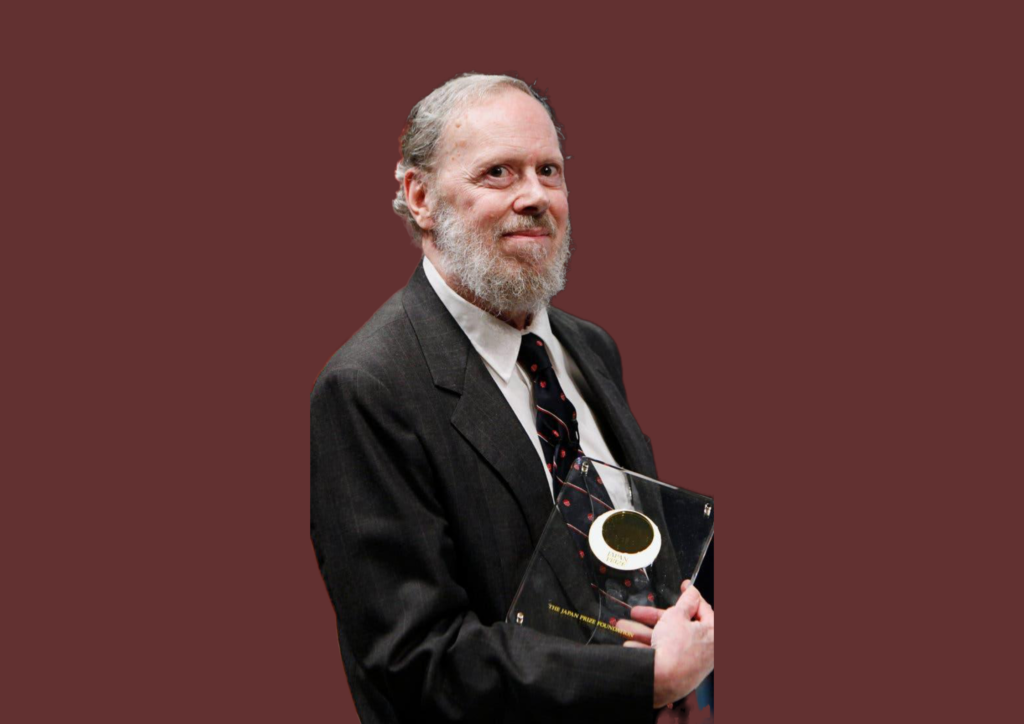
Dennis MacAlistair Ritchie was an American computer scientist who created the C programming language along with his long-time colleague, Ken Thomson. He is credited for shaping and pioneering the digital era. Today, C programming is used in several software applications, embedded system development, operating systems, and has influenced most modern programming languages.
Richie also co-created the UNIX operating system along with Ken Thomson. For his work, in 1983 he received the Turing Award from the ACM, the Hamming Medal in 1990 from the IEEE and in 1999 the National Medal of Technology from President Clinton. He was the head of Lucent Technologies System Software Research Department when he retired in 2007.
Tim Berners-Lee

Sir Timothy John “Tim” Berners-Lee also known as “TimBL,” is a British computer scientist, best known as the inventor of the World Wide Web. He is also credited for the implementation of the first successful communication between a Hypertext Transfer Protocol (HTTP) client and server via the Internet in 1989.
Berners-Lee has received many awards and honours. He was knighted by Queen Elizabeth II in the 2004 New Year Honours “for services to the global development of the Internet” and was invested formally on 16 July 2004. He is also the holder of the Founders Chair at the MIT Computer Science and Artificial Intelligence Laboratory.
Linus Torvalds

Linus Benedict Torvalds is a Finnish–American software engineer who is the creator and, historically, the main developer of the Linux kernel. He also created Git in 2005 for the development of the Linux kernel, with other kernel developers contributing to its initial development. Currently, he works as the project coordinator.
Torvalds was honoured with the 2012 Millennium Technology Prize by the Technology Academy Finland because of his creation of a new open-source operating system for computers leading to the widespread use of the Linux kernel.
Bjarne Stroustrup
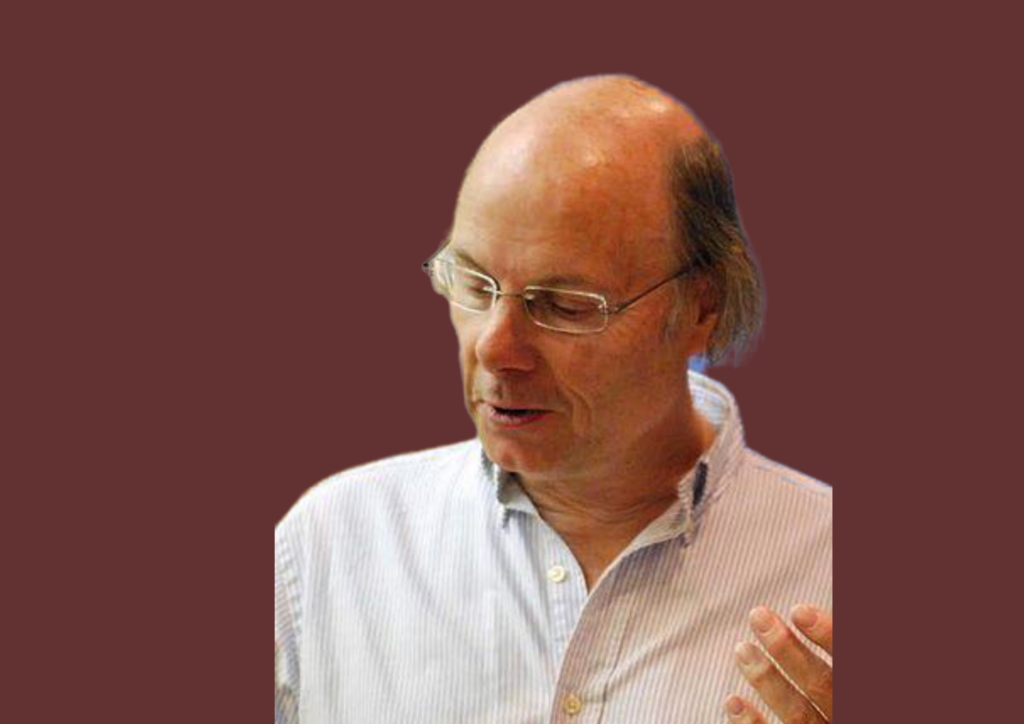
Bjarne Stroustrup is a Danish computer scientist who is credited for the creation and development of the widely used and highly successful C++ programming language. He also evolved C++, all by himself, by writing its early definitions, producing its first implementation, formulating its design criteria, designing all its major facilities, processing extension proposals for the standards committee and its standard textbook.
He is a Distinguished Research Professor and holds the College of Engineering Chair in Computer Science at Texas A&M University, a visiting professor at Columbia University, and works at Morgan Stanley as a Managing Director in New York.
James Gosling
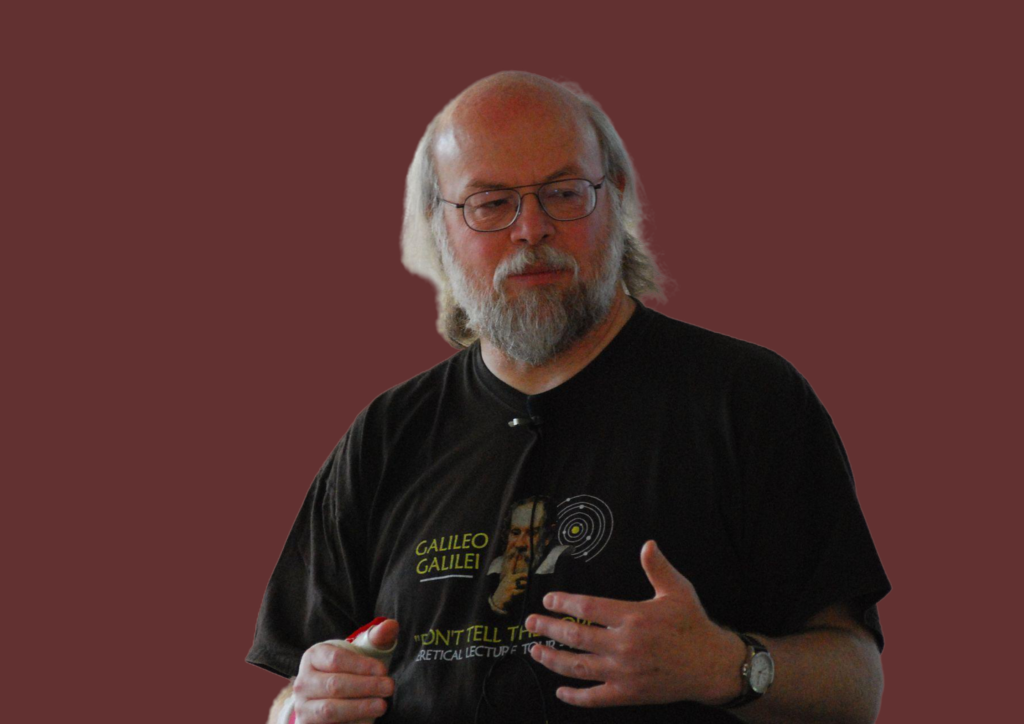
James Arthur Gosling is a Canadian computer scientist who is widely known for his creation of the highly successful and commonly used Java programming language in 1994 as well as its original virtual machine and compiler. As of 2019, Java was one of the most popular programming languages in use according to GitHub, particularly for client-server web applications, with a reported 9 million developers.
Gosling has also made major contributions to several other software systems, such as NeWS and Gosling Emacs. Due to his extraordinary achievements, Gosling was elected to Foreign Associate member of the United States National Academy of Engineering. Gosling has won several awards in his life. Some include The Economist Innovation Award in 2002, IEEE John von Neumann Medal in 2015, named a Computer History Museum Fellow for the conception, design, and implementation of the Java programming language in 2019. He was also made an Officer of the Order of Canada in 2007 which is Canada’s second-highest civilian honour.
Anders Hejlsberg

Anders Hejlsberg is a prominent Danish software engineer who co-designed several popular and commercially successful programming languages and development tools. He is the creator of the popular C# programming language. He was the original author of Turbo Pascal and the chief architect of Delphi. He currently works for Microsoft as the lead architect of C# and core developers on TypeScript.
Hejlsberg received the 2001 Dr Dobb’s Excellence in Programming Award for his work on Turbo Pascal, Delphi, C# and the Microsoft .NET Framework.
Ken Thomson
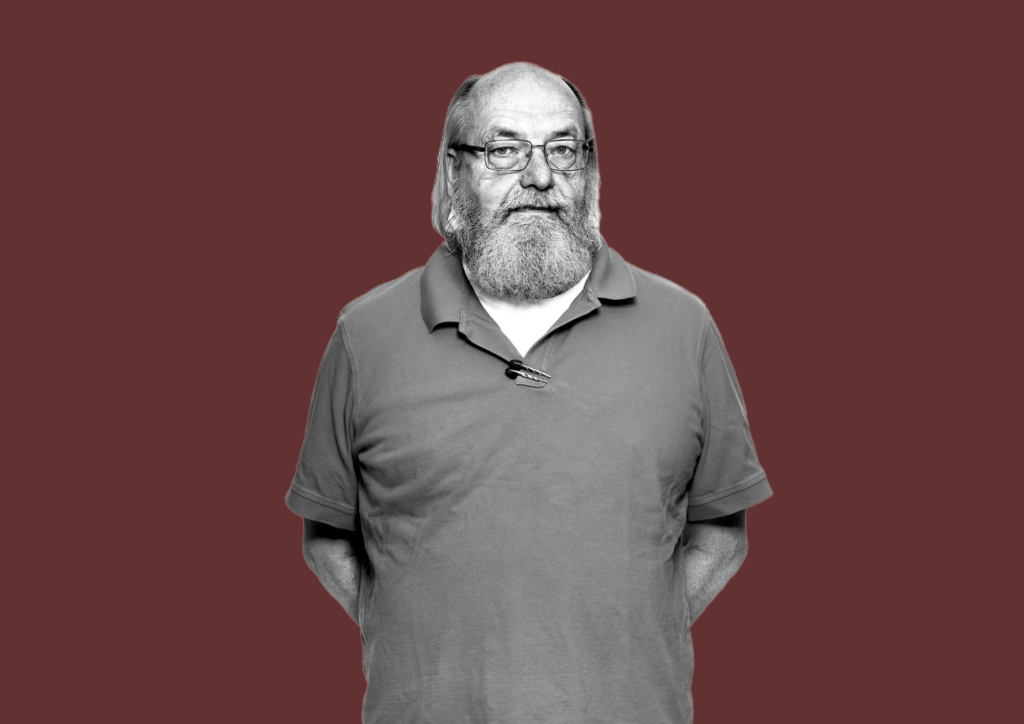
Kenneth Lane Thompson, or simply “Ken” as he is called by the hacker community, is an American pioneer of computer science. Thompson had designed and implemented the original Unix operating system and also invented the B programming language (the direct predecessor to the famous C programming language), and was one of the early developers of the Plan 9 operating systems. Since 2006, Thompson has also co-invented the Go programming language while working at Google.
Ken’s other contributions included his work on regular expressions, early computer text editors QED and ed, the definition of the UTF-8 encoding, and even his work on computer chess that included the creation of endgame tablebases and the chess machine Belle.
Guido van Rossum
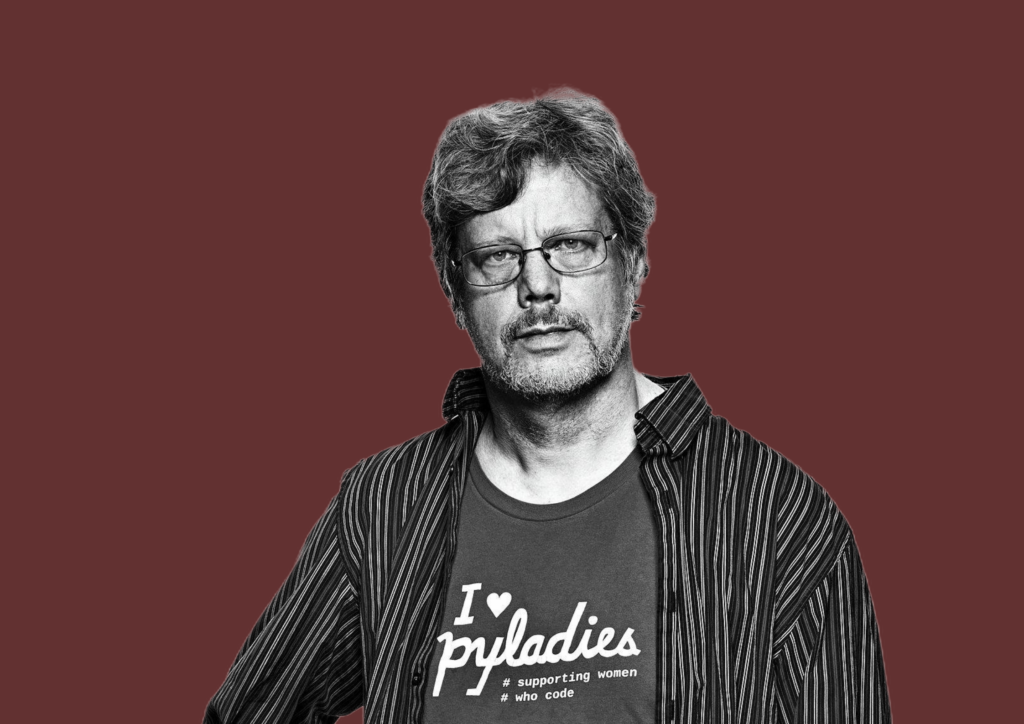
Guido van Rossum is a Dutch computer programmer who is the author of the popular Python programming language that is widely used today. In the Python community, Van Rossum is known as a “Benevolent Dictator For Life” (BDFL), meaning that he continues to oversee the Python development process, making decisions where necessary. Python consistently ranks as one of the most popular programming languages.
From 2005 to December 2012, he worked at Google, where he spent half of his time developing the Python language. In January 2013, he started working for Dropbox. In October 2019, Van Rossum officially retired before coming out of retirement the following year to join Microsoft.
Van Rossum received several awards for his contributions to his work on Python. Some of them include the 2001 Award for the Advancement of Free Software from the Free Software Foundation (FSF) at the 2002 FOSDEM conference in Brussels, the honorary title of Dijkstra Fellow by CWI in 2019, etc.
Donald Knuth
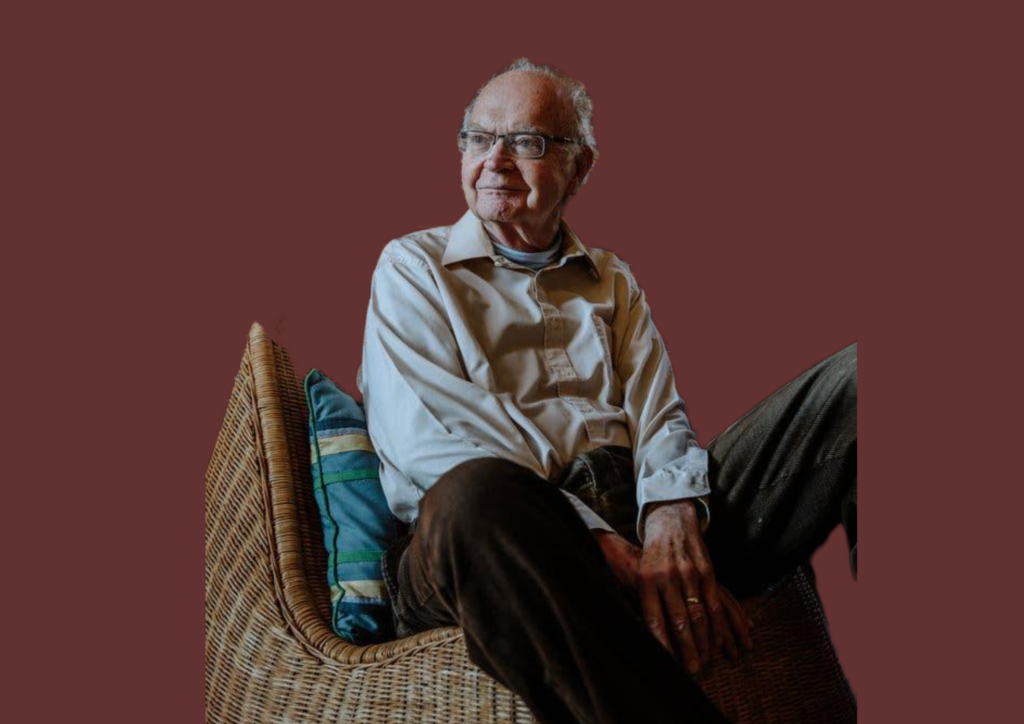
Donald Ervin Knuth is an American computer scientist and mathematician as well as a Professor Emeritus (retired professor) at Stanford University. Knuth has been dubbed as the “Father of the Analysis of Algorithms” as he has contributed to the development of rigorous analysis of the computational complexity of algorithms and systematized formal mathematical techniques for it. He has contributed to several branches of theoretical computer science and has also created the Computer Modern family of typefaces.
In 1971, Knuth was the recipient of the first ACM Grace Murray Hopper Award. He has received various other awards including the Turing Award, the National Medal of Science, the John von Neumann Medal, and the Kyoto Prize. He was elected a Distinguished Fellow of the British Computer Society (DFBCS) in 1980 in recognition of his contributions to the field of computer science.
Brian Kernighan

Brian Wilson Kernighan is a Canadian computer scientist who worked at Bell Labs alongside Ken Thompson and Dennis Ritchie. He is the co-creator and developer of UNIX. He is also co-author of the AWK and AMPL programming languages. Kernighan is currently a Professor and the Undergraduate Department Representative at the Computer Science Department of Princeton University.
Kernighan’s name became widely known through co-authorship of the first book on the C programming language (The C Programming Language) with Dennis Ritchie and by authoring many UNIX programs such as ditroff, and cron for Version 7 Unix. His other notable work includes his popular criticisms for Pascal called “Why Pascal is Not My Favorite Programming Language”.
Jon Skeet

Jon Skeet is a software engineer known for having the highest reputation on the question-and-answer website Stack Overflow. Skeet joined Stack Overflow in September 2008 after reading about it in a blog post. Skeet became the highest reputation user on the site by December and reached one million in reputation in early 2018. His tenure has made him well-known on the site. He is a C# legend, won the Microsoft MVP award several times and is also a Java developer, he actually writes Java at Google. Skeet has written several books, notably C# in Depth, and is the author of the Noda Time C# API. Skeet served on the board of directors of the .NET Foundation from 2019 to 2020.
Skeet has developed a cult following in the developer community because his answers have impacted approximately 333 million developers. He has actively contributed solutions to problems for C#, Java, and .Net framework.
Well, here are some of the most influential programmers of all time for me. Some other programmers deserve also honourable mention — Ada Lovelace, Bill Gates, Richard Stallman, Niklaus Wirth, Satoshi Nakamoto, John Carmack, Jeff Dean, Martin Odesrky, Drew Houston, Mark Zuckerberg, and Jack Dorsey. I am sure this list would be different for you.
I have also included Jon Skeet in the list even though he didn’t create a programming language or framework but he has helped to build the developer community of what we know today. Also, I have used his solution (from StackOverflow) to fix my configuration change mentioned at the beginning. No wonder Skeet is known as the Chuck Norris of Programming.
If you enjoyed reading this, you might also find the below articles worth your time.
Design Patterns That Every Software Developer Must Know
Why Cheat Days Are Important For Programmers To Be Happy & Peaceful
If this article has helped you in any way, please support my work only if you can afford it. You can also connect with me on X. Thank you!




Comments are closed.